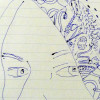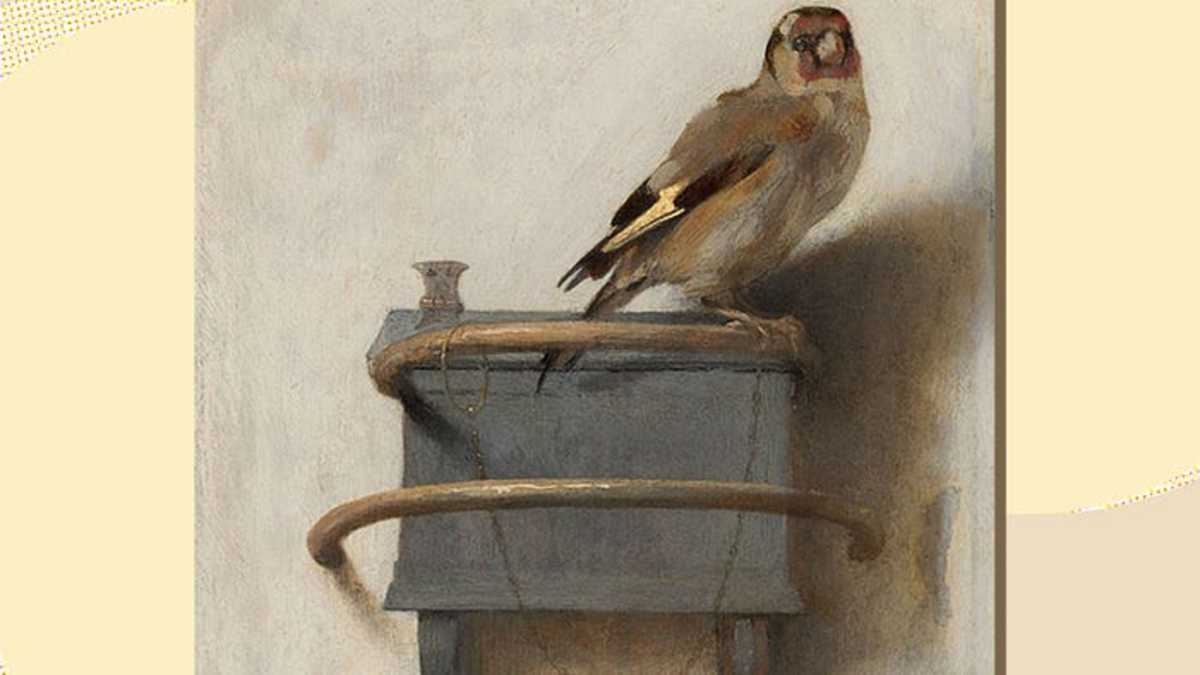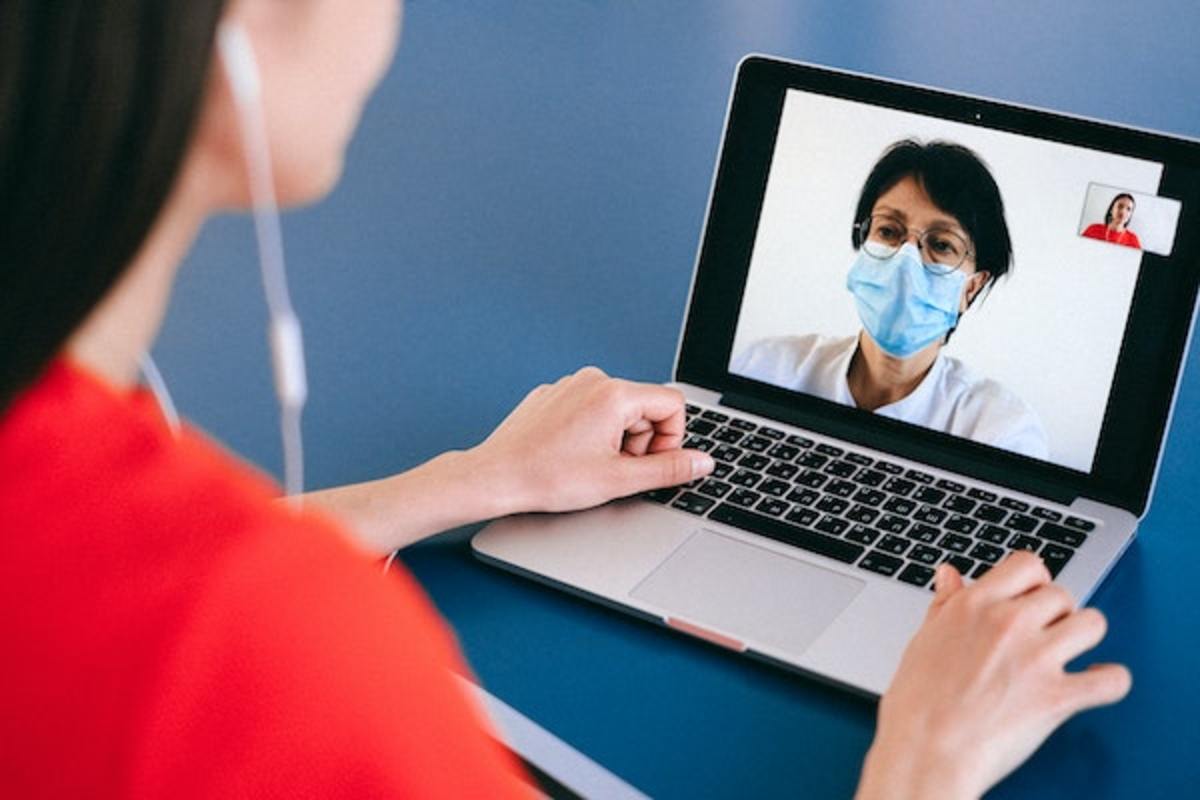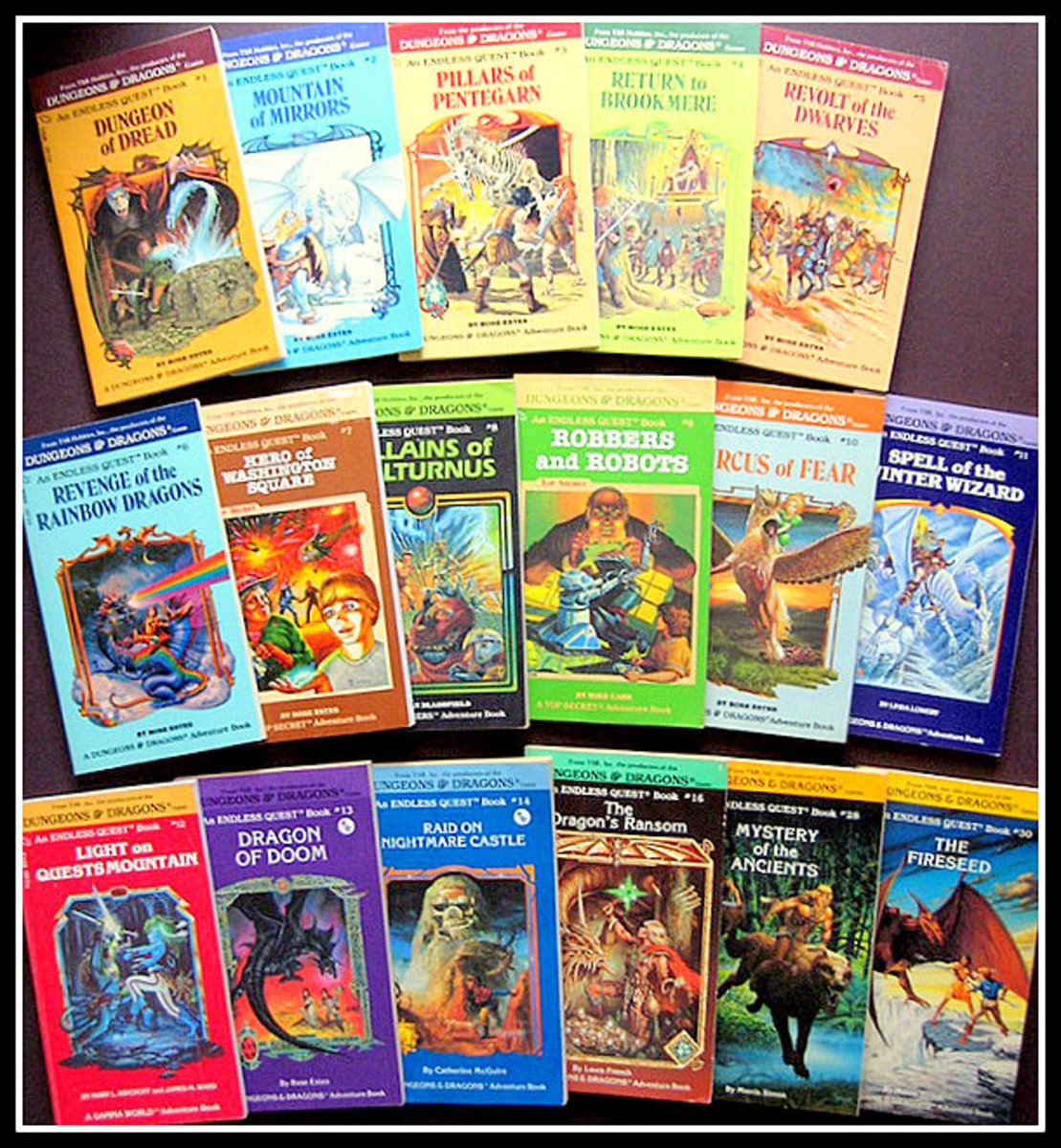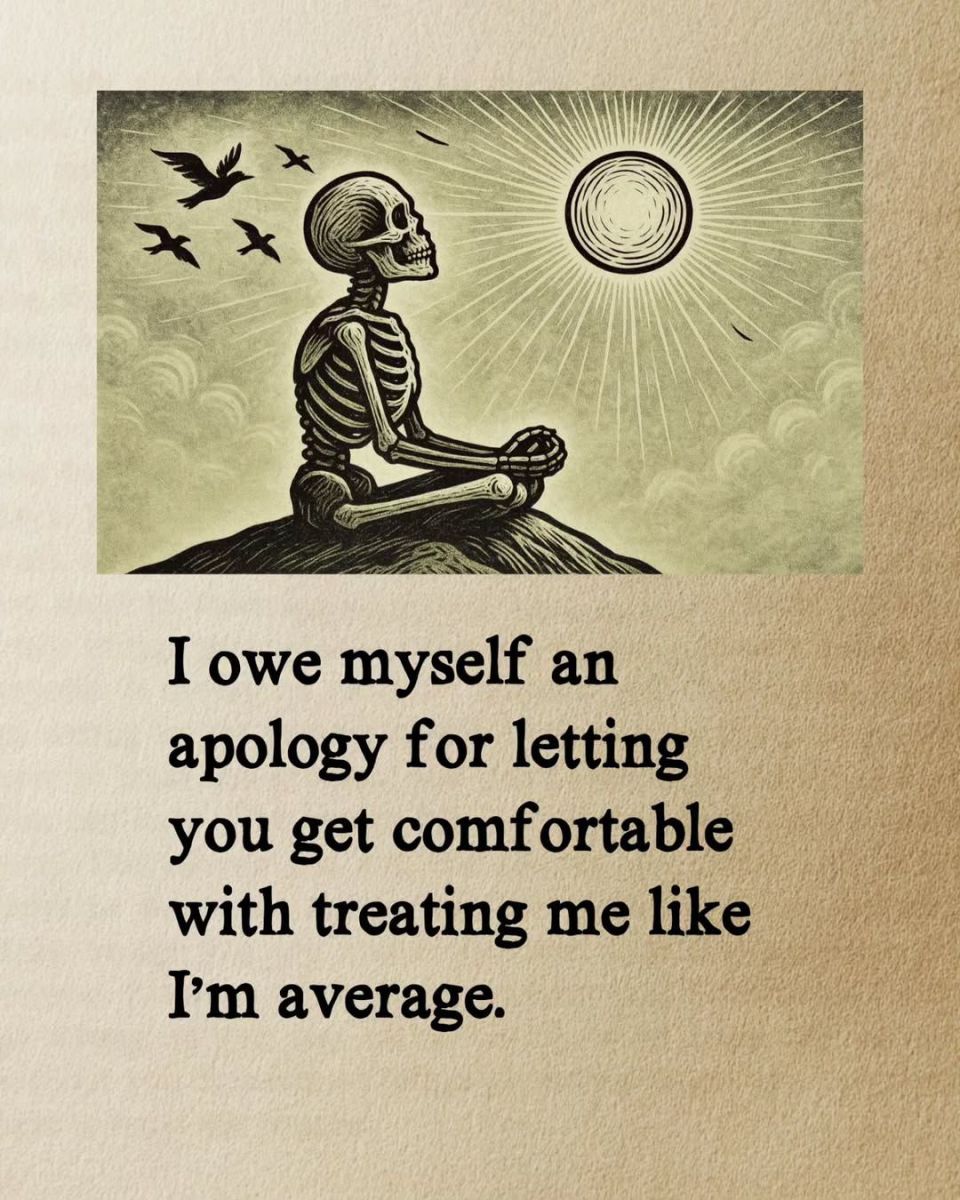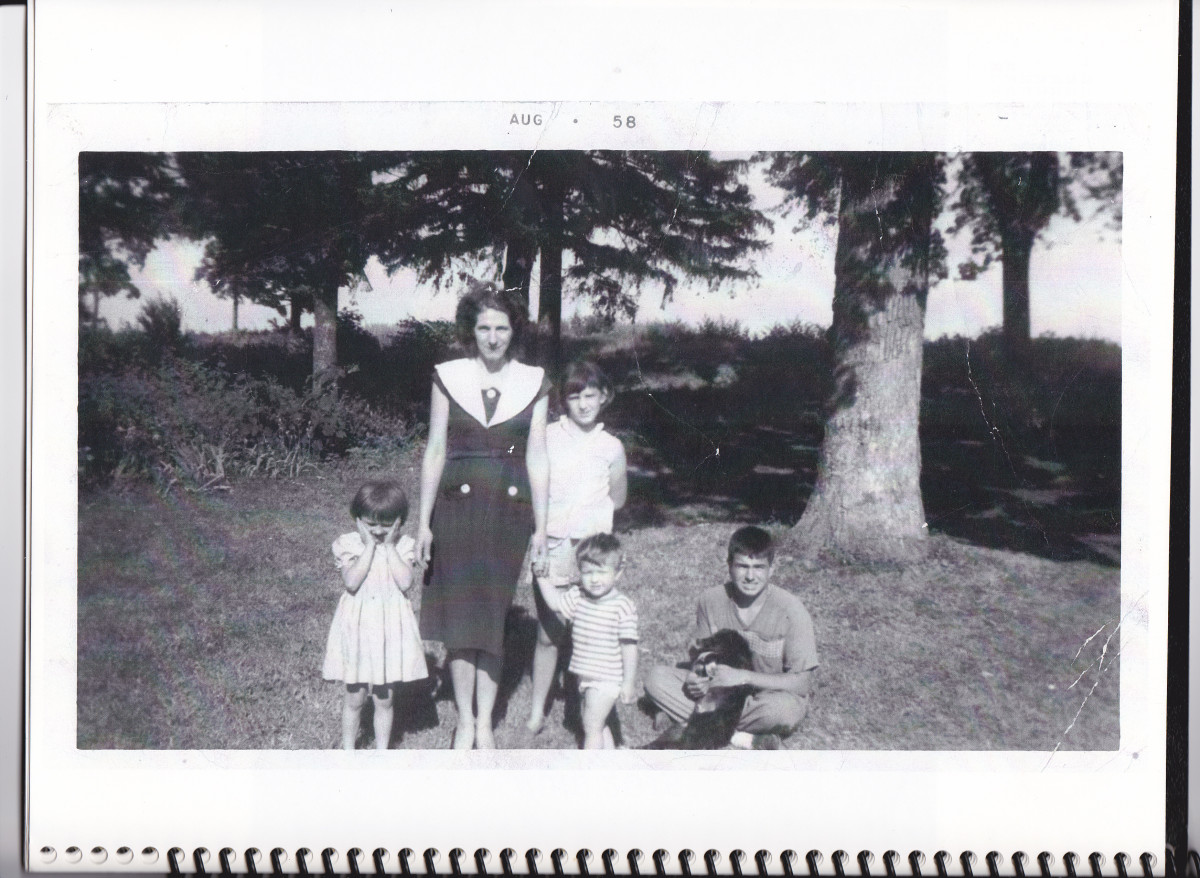How Reading and Lived Experience Transform Us

"The Only Source of Knowledge is Experience."
Albert Einstein believed that. And maybe experience is the best teacher.
But that might not be the whole picture.
Jean-Paul Sartre once wrote:
"All that I know about my life, it seems, I have learned in books."
Knowledge expands and enriches our lives.
We gain it through both experience and books, yet the two offer very different kinds of exposure.
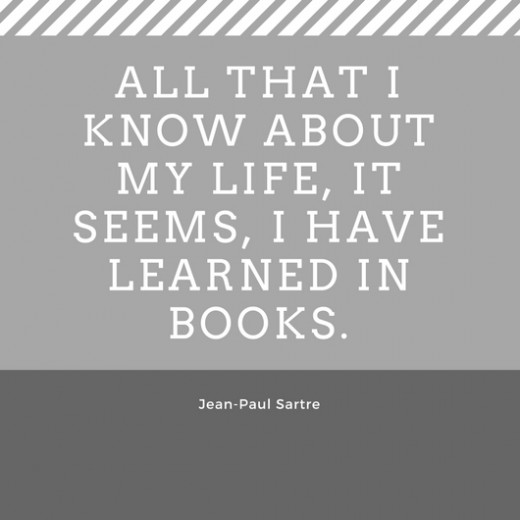
What Books Teach Us
To begin with, the knowledge we gain from experience is acquired differently than the knowledge we gain from books.
Experience teaches in direct ways. Surprisingly, this idea is supported by a writer himself:
“Nothing that is worth knowing can be taught.”
— Oscar Wilde
A striking statement from an author. We might conclude that Wilde valued books, but not necessarily for their instructional power. Given that his life was a rollercoaster of wise and reckless choices, his insight carries weight.
Books, on the other hand, mediate knowledge.
Direct experience may be ideal, but life has limits. Not every opportunity to learn by doing is available to us.
Some experiences are simply out of reach: time travel, life in space, or the ancient world. Science fiction and fantasy let us explore what isn’t yet possible.
-
How can a child understand adult life?
-
How can a woman learn from a man’s point of view, and vice versa?
Books also offer a fast, vivid way to see how people live in other parts of the world.
In the end, experience and books take different paths to knowledge, but both lead us somewhere meaningful.
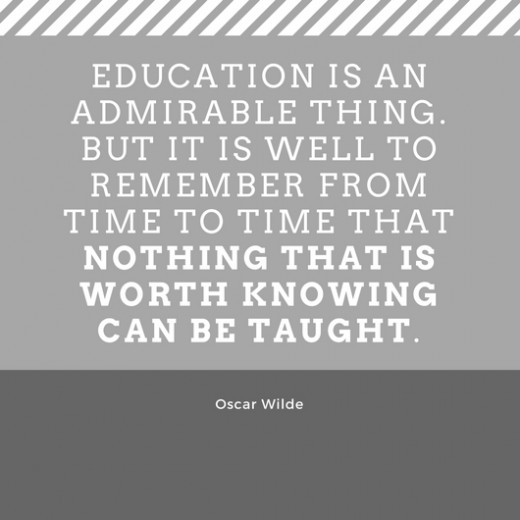
How Knowledge Is Gained
Experience and books differ not only in content but also in how much time and effort they demand to turn information into true knowledge.
Experience, to become deep knowledge, requires extra effort.
“It takes time to live. Like any work of art, life needs to be thought about.”
— Albert Camus
The more we experience—and the more we reflect on those experiences—the wiser we become. Time, repetition, and attention all play a role.
Malcolm Gladwell, in Outliers, argues that it takes around 10,000 hours of practice to reach mastery in a field. Guided experience accelerates this process, but mentors aren't always available.
Books, by contrast, place knowledge right at our fingertips.
They reveal how others have already done something, what worked, what failed. They help us learn faster, sparing us from some of the trial and error. In some cases, they even help us avoid mistakes altogether. As Carl Sagan once said:
“The library connects us with [...] the greatest minds that ever were, with the best teachers, drawn from the entire planet and from all our history…”
In short, experience and books differ in how they use—and demand—our two most precious resources: time and effort.
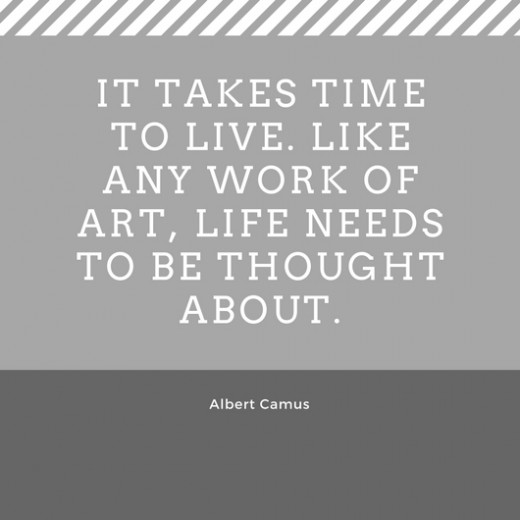
Knowledge Without Wisdom
Another key difference between experience and books lies in how subjectivity influences the knowledge we gain from each.
Perception shapes the knowledge we get from experience.
Who we are at the moment of experiencing something is decisive.
Confidence and self-assurance are valuable qualities. But no matter how open-minded we try to be, knowledge seen from only one perspective remains incomplete. On its own, experience may not turn knowledge into a multifaceted, diamond-like insight.
What’s more, our brains are quick to confabulate—to fill in the gaps with made-up explanations, even if they’re wrong. When information is missing, we invent it.
Books, on the other hand, offer more than one point of view.
They come from people who’ve had the time to reflect, to research, and to move beyond their own biases. Authors often construct entire worlds of perspective through the voices of other characters.
Important subjects are also approached by many authors—often in contradictory ways. This creates a rich field of exploration for the curious reader.
In the end, subjectivity shapes experience and books in very different ways—and that shapes the kind of knowledge we gain from each.
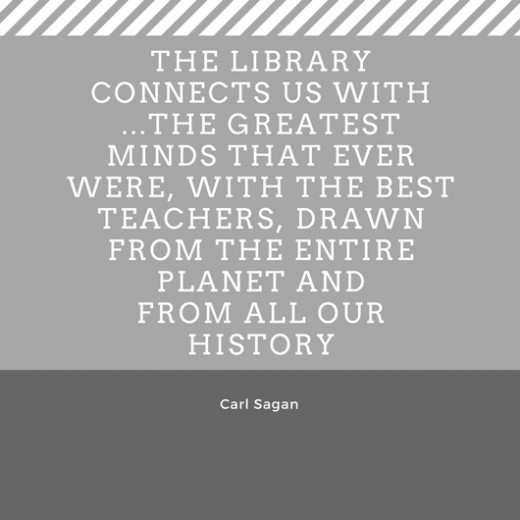
Books and Experience: A Loving Dialogue
You can see how both experience and books offer lessons.
What experience teaches is more direct, less thorough, and more subjective. Yet it leaves a lasting mark, etched into memory.
Books, on the other hand, offer knowledge in a mediated, thoughtful, and often more objective way. They may not replace experience, but they can deepen it.
Experience cannot replace books. In fact, it’s best savored alongside them.
